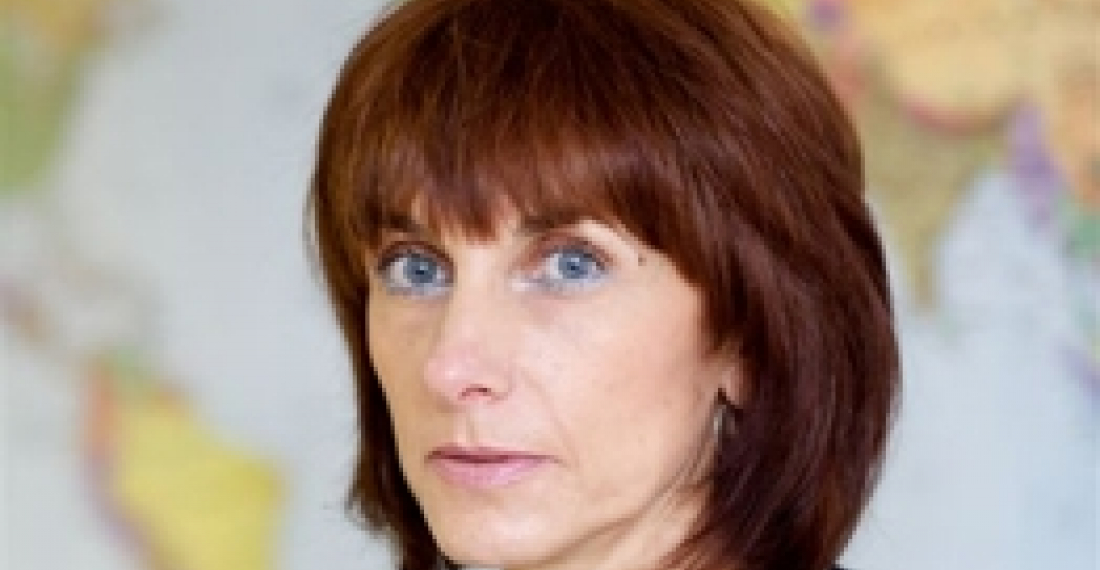Decision on Azerbaijan's application for temporary membership of the UN Security Council will be studied considering the fact of the unresolved Karabakh conflict in the region, Ms. Dafina Gercheva UN Resident Coordinator/UNDP Resident Representative in Armenia told media in Yerevan, Friday.
She said that the possible negative influence of Azerbaijan's membership of the UN Security Council on the peace process will be taken into account as well. Ms. Gercheva recalled that the UN has no mandate in the Karabakh peace process. Nevertheless, the UN supports
the efforts of the OSCE Minsk Group in the peaceful resolution of the conflict.
Speaking at the UN General Assembly Foreign Minister of Azerbaijan urged the UN members to support Azerbaijan's application for non-permanent membership of the UN Security Council.







